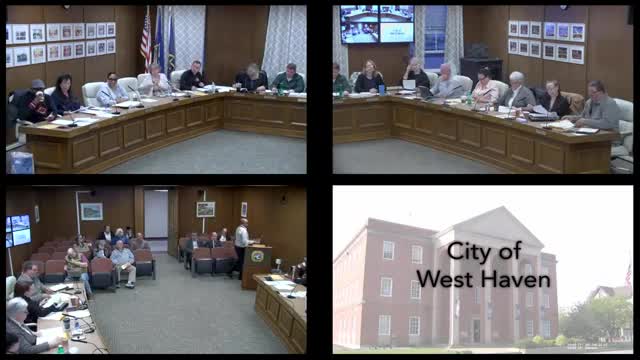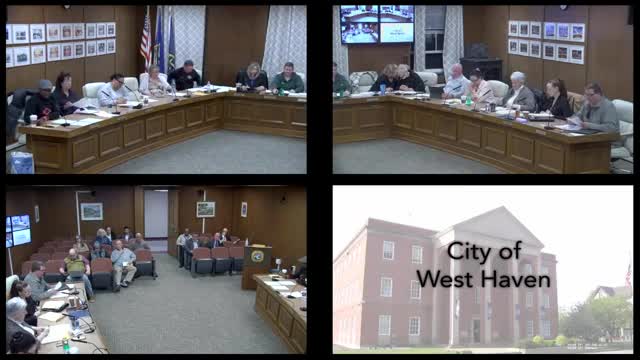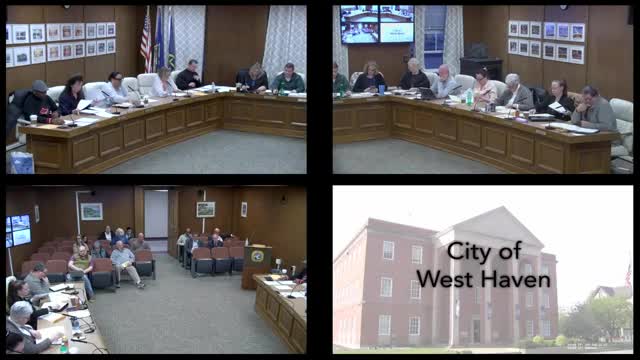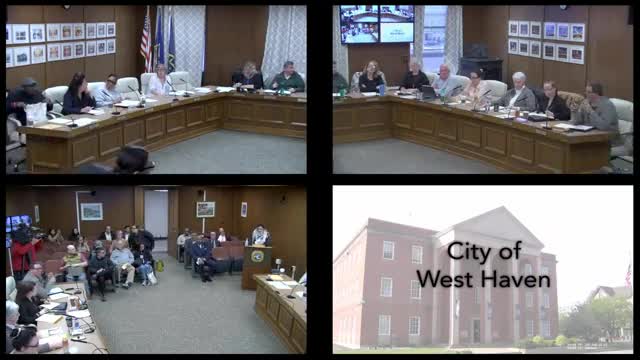Article not found
This article is no longer available. But don't worry—we've gathered other articles that discuss the same topic.

At-a-glance: West Haven finance committee approves sewer bond authorization, accepts small donations; council minutes okayed

Public Lands committee schedules hearings, holds sale of Myrtle Avenue lot and sends North End Field sale to planning board

Council committee advances proposal to loosen West Haven senior tax-freeze; public hearing set

